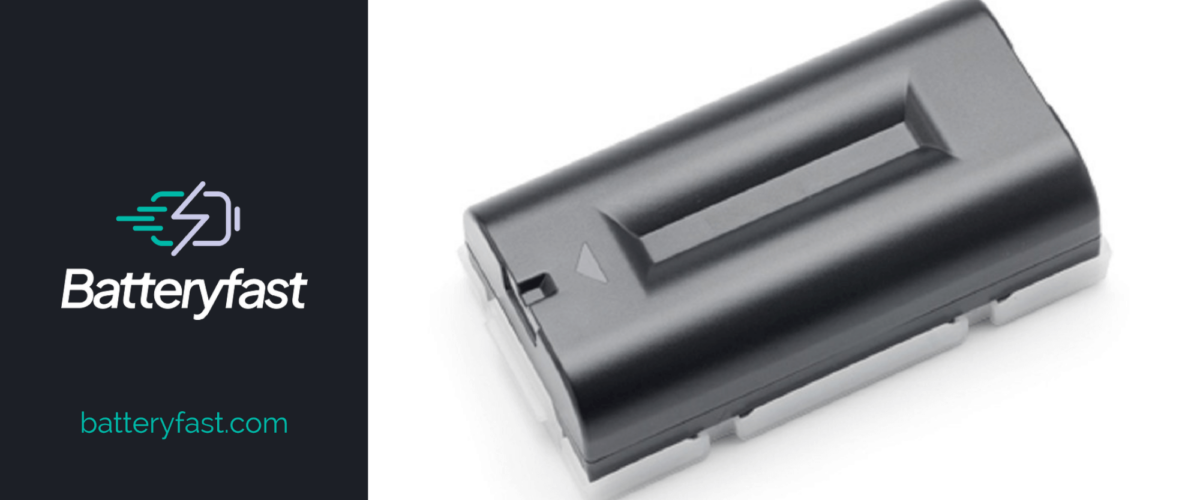Confused about Lithium Cobalt or Lithium Ion? We’ll guide you through the power and capacity of each battery type.
Introduction
Lithium cobalt and lithium ion batteries are two types of lithium-ion rechargeable batteries. They’re found in many consumer electronics. Each has unique characteristics.
Lithium cobalt batteries have an excellent energy density, long cycle life, and high discharge rate. They’re great for cell phones and other portable devices. But, they can be hazardous due to their chemistry.
Lithium ion batteries offer a wider temperature range and are more stable. This makes them ideal for electric vehicles.
This guide compares the two battery types. In terms of cost, size, energy density, safety, cycle life, temperature range and more.
Definition of Lithium Cobalt
Lithium-cobalt (LiCoO2) batteries are rechargeable cells. They contain a mix of cobalt oxide and lithium. You can find them in consumer electronics – like cell phones and laptop computers. These batteries are lightweight, have great energy density and keep their energy levels even after multiple charge-discharge cycles.
Furthermore, they have low self-discharge rates and can manage big currents with minimal performance losses.
Compared to other lithium batteries, LiCoO2 ones offer better power output and higher current capabilities over a shorter period of time. They also have long cycle life – if the battery is used regularly at low discharge rates. Unfortunately, these batteries are more costly due to the high cost of cobalt oxide procurement. In addition, if you charge or overcharge them too quickly, there is a risk of permanent damage to the cells.
Definition of Lithium Ion
Lithium ion is a popular rechargeable battery. It stores electricity from an external source, not from chemical reactions. It has a cathode of lithium ions, an anode of graphite, and electrolyte of organic liquid or polymer. It is lightweight and has high energy density, but its lifespan is limited and it does not work well in extreme temperatures.
Lithium Cobalt uses cobalt oxide for the positive electrode material, instead of graphite. It has higher charge capacities and longer runtimes. It is more efficient than other li-ion types, but more expensive. It is usually seen in high-end electronics like laptops or smartphones.
Advantages of Lithium Cobalt
Lithium cobalt is a common type of lithium-based rechargeable battery. It is lightweight and has a high energy density. This makes it perfect for many applications. It has some great advantages compared to other lithium batteries.
- It has low self-discharge due to its low atomic weight and simple construction. This allows for it to be stored for longer periods without recharging.
- It has a high energy efficiency of up to 99%.
- It has superior safety as it is designed with resistance to overcharging and overheating.
- It can perform in a wide range of temperatures from -20°C to 40°C.
- It is compact and light, meaning it offers more energy storage while taking up the same or less space.
Advantages of Lithium Ion
Lithium ion batteries have many perks compared to lithium cobalt. They have a higher energy density and need less protection circuits. Plus, they last longer than LiCoO2 batteries. Furthermore, they don’t experience the same elevated self-discharge as LiCo.
The advantages of lithium ion include:
- long cycle life
- no memory effect
- high current rate capabilities
- wide range in operating temperatures
- low self-discharge rate
- cost effectiveness
- low maintenance
Because of this, lithium technologies are the choice for most portable power applications like laptops, digital cameras and cellular phones. Moreover, lithium–air and similar chemistries offer even more energy density. This is because oxygen from the atmosphere is used during the discharge process.
Disadvantages of Lithium Cobalt
Lithium cobalt batteries were made to be a lightweight, long-lasting option instead of traditional rechargeable batteries. But they have some drawbacks when compared to new lithium-ion batteries.
The main issue is they overheat quickly when heavily discharged. This is due to their high energy density, which can cause instability and even explosion if not monitored correctly. Also, lithium cobalt has fewer charge/discharge cycles than other lithium-ion batteries. This makes it unsuitable for applications such as electric bicycles.
Cell imbalance is another issue. One or more cells can become unbalanced, meaning it’s unable to work at its peak. This causes problems with efficiency and power delivery. In the end, it leads to a malfunctioning battery pack.
Disadvantages of Lithium Ion
Lithium ion batteries have drawbacks compared to lithium cobalt batteries. They offer less energy per pound of weight. So, more lithium ion cells are needed to match the same energy capacity of a lithium cobalt pack. Moreover, they are not as energy dense. Also, they take longer to charge. Plus, there is a risk of thermal runaway in certain conditions. This can cause catastrophic failure and potential injury.
Despite lithium ion cells’ cost and usability advantages, for safety-critical applications, LiCoO2 or LiFePO4-based batteries are often better.
Conclusion
When selecting a battery, there are many points to think about. Lithium Cobalt and Lithium Ion batteries both have positives and negatives depending on use.
- Lithium Cobalt batteries carry more energy, which makes them great for applications that need to be lightweight, like laptops or handheld devices. But they don’t last long in high-drain applications, like electric vehicles, due to their low cycle life rating.
- Lithium Ion batteries, on the other hand, have higher cycle life ratings. They are better for electric vehicles, or other high-drain applications with frequent charging cycles. Plus, they are usually cheaper than lithium cobalt, but have less energy density, which could be an issue for apps that require a small size.
To sum up, both battery types have pros and cons. You need to understand how the battery will fit your needs, then choose the best option.
Frequently Asked Questions
Q1. What is the difference between Lithium Cobalt and Lithium Ion batteries?
A1. Lithium Cobalt batteries are lighter and have a higher energy density than Lithium Ion batteries. Lithium Cobalt batteries are also more expensive and more prone to overheating than Lithium Ion batteries.
Q2. Which type of battery is more commonly used?
A2. Lithium Ion batteries are more commonly used than Lithium Cobalt batteries due to their lower cost and higher safety standards.
Q3. What are the advantages of Lithium Cobalt batteries?
A3. The advantages of Lithium Cobalt batteries include their lighter weight and higher energy density. They are also more efficient and have a longer life span than Lithium Ion batteries.

